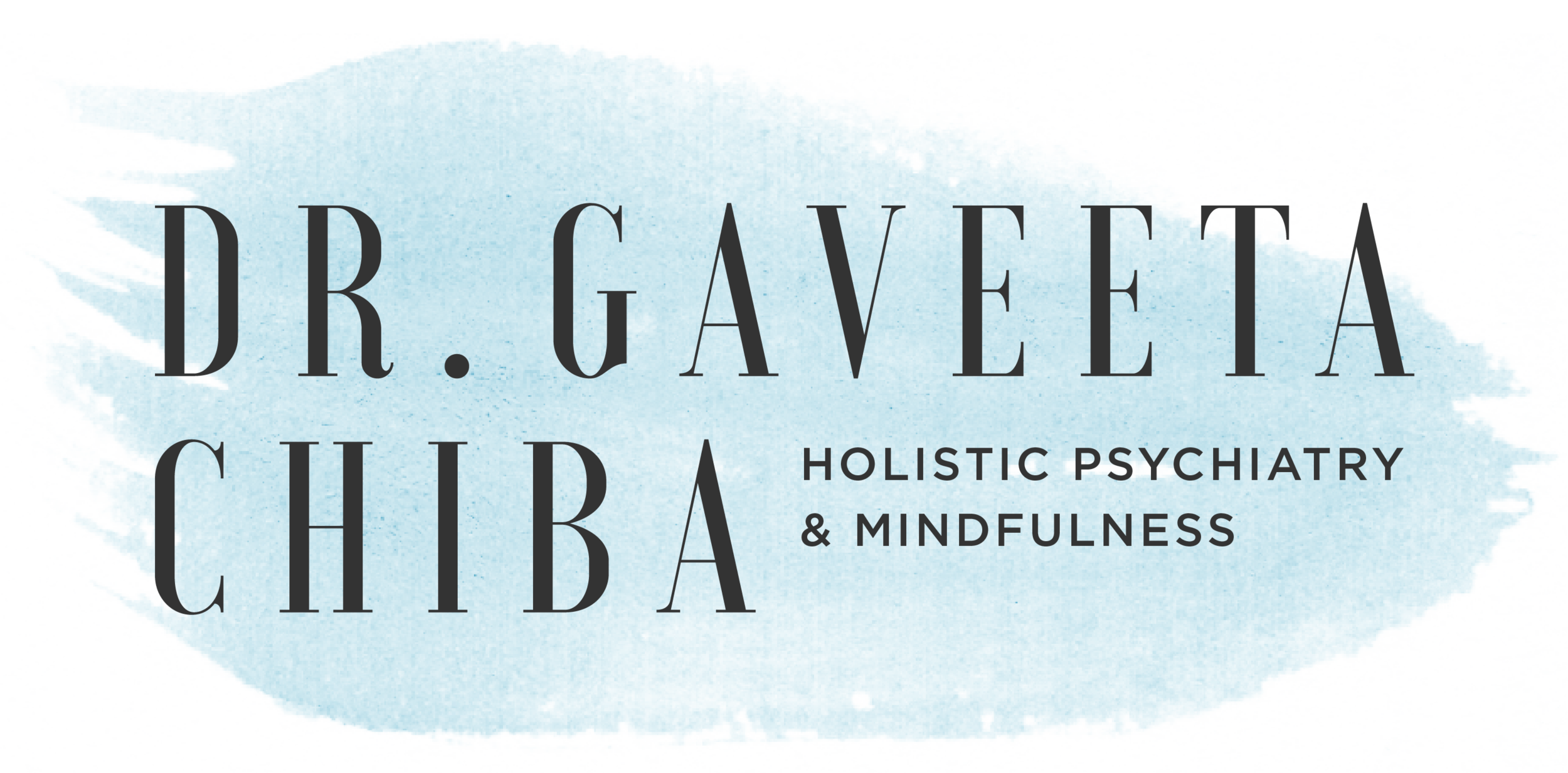Stress Relief for When Everyday Life Seems Too Much
On a crisp, beautiful winter morning a few days ago, I was interrupted by a commotion in my garden. I ran to the door to find my cat, Liya, hissing at an intruder – the neighbour’s cat. Liya’s fangs were bared, her tail was raised and her body appeared bigger as she stood ready to pounce. .
Now my cat is not the bravest of cats, and on this instance she stood ready to fight mostly because she had back up (me).
Just as animals, when faced with a life-threatening event, humans too have a fight or flight response. A cascade of hormones is released that cause physical changes, getting the body ready to fight or flee. In humans our hair stands on end so that we can be more sensitive to vibrations, pupils dilate to see better, our heart beats faster to send blood to critical organs such as lungs and muscles. At the same time we shunt blood from our stomach (digestion is not the most important thing when we are about to be attacked), this is often experienced as butterflies in the stomach.
The thing is that we rarely encounter these life-threatening situations daily…
However, we are able to mount this response even if no actual threat exists. As long as we feel threatened it is enough. We interpret a threat to our sense of self in the same way as we do a threat to our bodily safety. We can encounter such situations in our daily lives numerous times a day, such as when a taxi driver cuts in front of us, or our boss criticizes us or a friend doesn’t call us back.
We react quickly and ‘automatically’ to such threats, eliciting the same changes as in an actual life-threatening situation. With repetitive automatic reactions our bodies tend to be in a state of hyper arousal. We get ‘stuck in stress reactivity’ as JK Zinn describes in his book Full Catastrophe Living.
If we encountered a life-threatening event, we would run or fight and utilize the physiological effects of this response. When we encounter everyday stressors, we are not able to do that. We inhibit this outward expression, absorb it’s energy and by the end of the day end up pretty tense. If we have no healthy way of releasing this tension we end up in a state of chronic hyper arousal. This can lead to long term physiological changes such as hypertension, muscle tension, back ache, chronic headache, sleep disorders, cardiac arrhythmias, digestive problems as well as chronic anxiety and depression.
After a while we consider this state to be “normal” or “just the way I am’”
We can chose to respond to stress rather than staying in stuck in the cycle of stress reactivity. By being mindful in daily life we are able to become more aware of events as they are truly occurring and chose more skillful ways to respond.
Here’s an exercise you can try.
Next time you start experiencing muscle tension, or headache or fluttering in your stomach, and there is no immediate threat, simply stop…
Feel your feet on the floor.
Bring you attention to your breath, noticing as it enters and leaves.
Become aware of any sensations present for you, such as muscle pain, tension, holding, your heart beating fast.
Then notice any feelings present, such as anger or fear or hurt.
Now notice any thoughts that might be present for you. You might even label these, as “here is a stressful situation”, “Now is a time to tune into my breathing.” And now bring your attention back to the breath, the breath can be used as an anchor to this present moment, and is available all the time.
This practice of catching stressors as they arise and choosing to respond to them mindfully does take practice. By simply choosing to bring a larger view on the situation you are already allowing greater awareness and paving the way for a more skilled response.
And now it’s your turn.
I would like to know what you do when stressful situations arise…
If you chose to take a mindful approach to it, by pausing and becoming aware, as described above, how did that go for you, were you able to stay present, what did you notice in your body and thoughts.
If you would like to learn and be supported in a mindfulness practice, please let me know by emailing info@drgchiba.co.za. I run an 8-week mindfulness course and am also planning a half-day workshop on mindfulness. Email info@drgchiba.co.za to get some free training on mindfulness before the next course starts in October, and to be the first to know about the workshop.
Take care and keep living a life of joy NOW,


